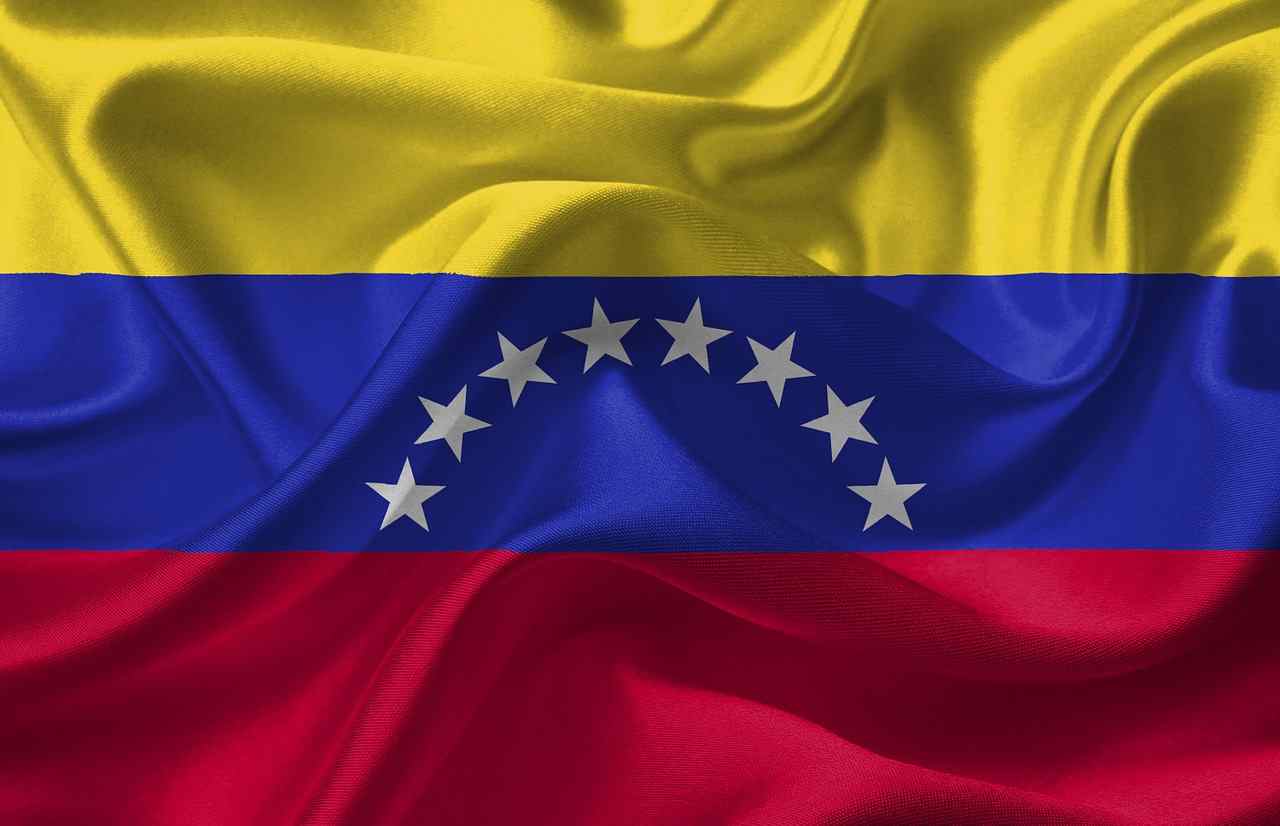
In response to renewed US sanctions, Venezuela has intensified the use of digital currencies in oil trading transactions. PDVSA, the country’s state oil company, is increasingly integrating cryptocurrency into its payment options for crude oil and fuel exports, aiming to avoid export proceeds from being frozen due to trade sanctions.
After failing to renew a general license that allowed broader trade with Venezuela, the U.S. Treasury Department has given companies until May 31 to refocus their dealings with PDVSA. These changes come at a time when the US is pushing for electoral reforms in Venezuela that have not yet been implemented.
Therefore, PDVSA’s transition to digital currency transactions, namely USDT (Tether), has accelerated. USDT is a stablecoin whose value is backed by the US dollar, offering a less risky alternative for international transactions.
This strategic change of course launched in 2023 but has quickly gained momentum following the reintroduction of sanctions. Through the transition to a digital model, PDVSA aims to bypass the complexities of conventional banking systems, where assets can be confiscated or restricted, to ensure a better flow of revenue from oil sales.
PDVSA has had to adapt its operational practices to the transition to cryptocurrency. For new contracts and direct oil deals, excluding swaps, PDVSA has now established a 50% USDT prepayment for the value of each cargo. This change also applies to new customers, who will need to have the cryptocurrency in a digital wallet for transactions with the Venezuelan oil company.
However, such actions face challenges. USDT and other digital currencies in oil trading are quite a rare phenomenon in the global market where the dollar still dominates. Due to their non-traditional nature and potential regulatory risks, most traders and their compliance departments are cautious regarding cryptocurrency transactions.
Therefore, PDVSA often relies on intermediaries who are instrumental in facilitating these transactions, especially when dealing with major markets such as China.
As PDVSA drives these operational changes, the global oil market is watching closely. The adoption of cryptocurrency in oil trading is not widespread, but Venezuela’s decision could set an example for other countries facing similar economic sanctions.
Nevertheless, the initiative is only successful to the extent that digital currencies are accepted in international trade, especially in major oil-consuming countries.
Venezuelan oil minister Pedro Tellechea is optimistic about the country’s trade potential and ability to cope with renewed sanctions. He has indicated that Venezuela will continue to contract and expand in crude oil and gas projects during the wind-down period specified by the US, and then apply for individual licenses for oil transactions.
Source: https://cryptobenelux.com/2024/04/23/venezuela-gebruikt-crypto-om-sancties-te-ontduiken-in-olie-export/


